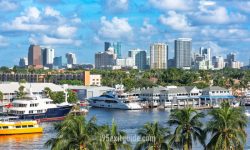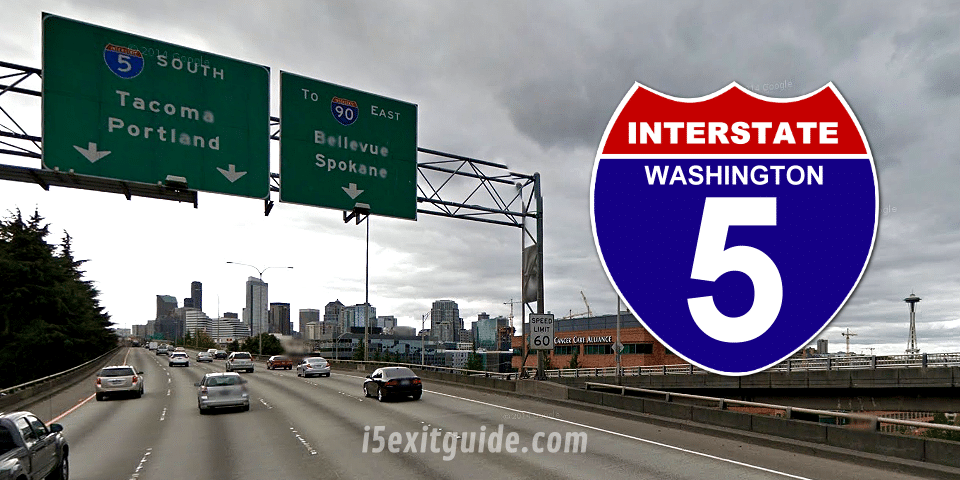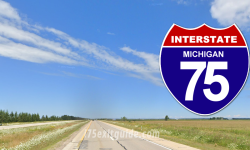The Canada Border Services Agency (CBSA) and the Canadian Snowbird Association are encouraging Canadians who wintered to the south to plan ahead for a smooth return to Canada this spring. These are the top travel tips to know before arriving at the border:
- Help protect Canadians from COVID-19 (coronavirus). The CBSA is asking that travellers returning to Canada isolate themselves from others for 14 days upon re-entry, and as quickly as possible. When crossing the border, tell a CBSA officer if you have a fever, a cough, or difficulty breathing. If you develop these symptoms within the 14 days of your arrival in Canada, contact your provincial health authority or health care provider and advise them of your travel history.
- Check border wait times. The CBSA reports border wait times for its 26 busiest land border crossings online and on the CanBorder – Border Wait Time app. Peak travel periods depend on where you are re-entering Canada, so check before you go.
- Don’t cross with cannabis. Unless you have a permit or exemption authorized by Health Canada, transporting cannabis across the border in any form remains a serious criminal offence subject to arrest and prosecution, despite the legalization of cannabis in Canada. This includes any oils containing THC or cannabidiol (CBD).
- Know your personal exemptions. Once you have been outside of Canada seven days or more, you can import goods worth up to CAN$800, duty- and tax-free. Within this personal exemption, you are allowed to bring back:
- Two bottles of wine (1.5 litres total), one large standard bottle of liquor (1.14 litres), or approximately 24 cans or bottles (355 ml each) of beer (8.5 litres total); and,
- 200 cigarettes, 50 cigars, 200 grams manufactured tobacco, and 200 tobacco sticks. The packages must be stamped “duty paid,” as you would find them at a duty-free store.
You must declare all goods you are bringing back that you have purchased while you were away. Alcohol and tobacco must be in your possession at the time of entry, but other items may follow by mail or courier.
- Declare CAN$10,000 or more. There are no restrictions on the amount of money you can bring into or take out of Canada, but failing to declare currency or monetary instruments worth CAN$10,000 or more may result in penalties. This requirement to declare is in place to detect and deter money laundering and terrorist financing.
- Declare all food, plant, and animal products. The law requires you to declare all food, plant, and animal products you bring with you into Canada. Fresh fruits and vegetables must be free from soil, pests, leaves, branches, and plant debris. Visit the Canadian Food Inspection Agency website to see exactly which food products are allowed into Canada from the United States. Undeclared products can have serious consequences, including penalties and the introduction of diseases, like the African Swine Fever.
- Go high-tech. If you arrive by air at one of Canada’s busiest international airports, you can now verify your identity and make an on-screen declaration using primary inspection kiosks. Download the eDeclaration mobile app to save even more time when arriving by air.
- Become a NEXUS member. Planning on travelling again next winter? NEXUS card-holders enjoy a simplified entry process at 21 land border crossings across Canada, with access to dedicated vehicle lanes. NEXUS can also help save time at many airports within Canada and the United States.









